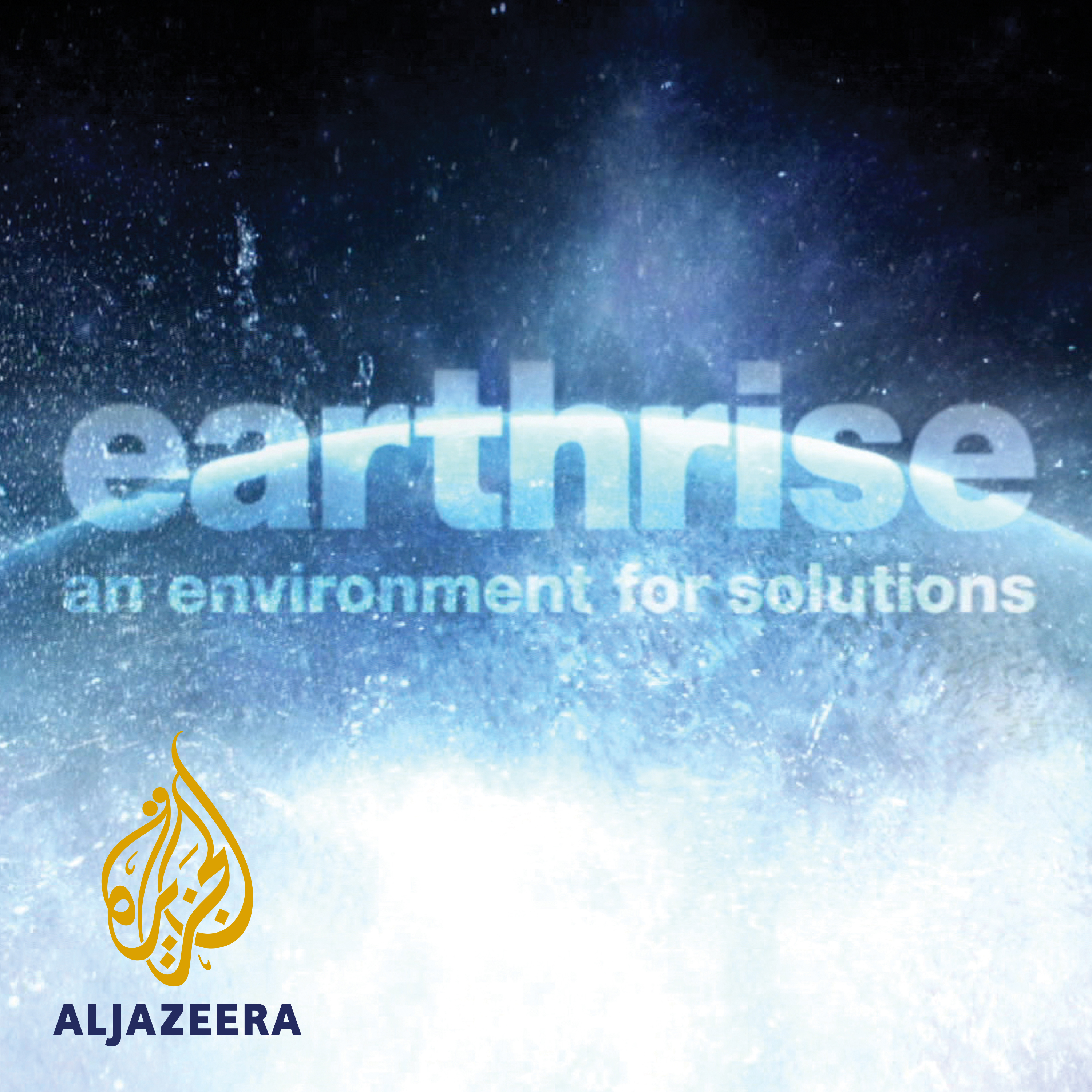Farming underwater: 3D solutions for land and sea | Earthrise
Description
Food production is facing challenges that require new, more creative and sustainable solutions. Companies involved in various segments of the industry, including agriculture and fishing, are looking at revolutionising the current systems, which have left bodies of water overfished and land in terrible condition.
On Long Island in New York, locals are tackling overfishing by using a new system that brings industries together. Fishermen and scientists have collaborated to realise and improve 3D farming.
3D ocean farming is a system that grows a mix of seaweed crops and shellfish - including mussels and oysters - under the water's surface. This polyculture vertical farming system requires zero input because the sea plants filter and sequester carbon, making it, at this moment, the most sustainable means of food production on the planet.
"Imagine an underwater garden where you’re using the entire water column which means we have very small footprints," tells ocean farmer Bren Smith.
Additionally, this system also sequesters carbon and rebuilds the reef's ecosystem. The crops and shellfish grown underwater can be used as food, fertiliser, animal feed and even energy. In this way, climate change can be tackled while producing food, i.e. the food itself is the water filter.
"[mussels are] really lean proteins packed full of omega 3s, but also soak up and use nitrogen to grow... this farm filters millions of gallons of water a week and oysters filter up to 50 gallons a day," Smith says.
"We have to tell a story, a helpful story about the future. You know, it's all bad news about climate change and food security. I think out here we can say our oceans are a blank slate and we really have a chance to really build something new, and build something from the bottom up that's sustainable and restorative and doesn't make all the mistakes of industrial agriculture or aquaculture," Smith explains.
More Episodes
Bangladesh has one of the largest number of solar home systems in the world, reaching over 20 million people. Thirty percent of the electricity these generate is wasted each year, while over six million people in the country have no access to power.
A dynamic startup called SolShare has...
Published 06/12/21
Being in tune with nature used to be instinctive for all humans. It was a matter of survival. But over the centuries, as we urbanised and industrialised, the connection has become weaker.
But Indigenous communities around the world have not forgotten what it means to live in harmony with Earth....
Published 05/19/21
As populations grow and incomes rise, we are eating more and more meat and dairy. Intensive livestock farming, however, requires huge amounts of resources and is highly polluting. Yet, animal protein is essential to the 1.3 billion people who depend on livestock to survive.
So, what is the...
Published 05/12/21


